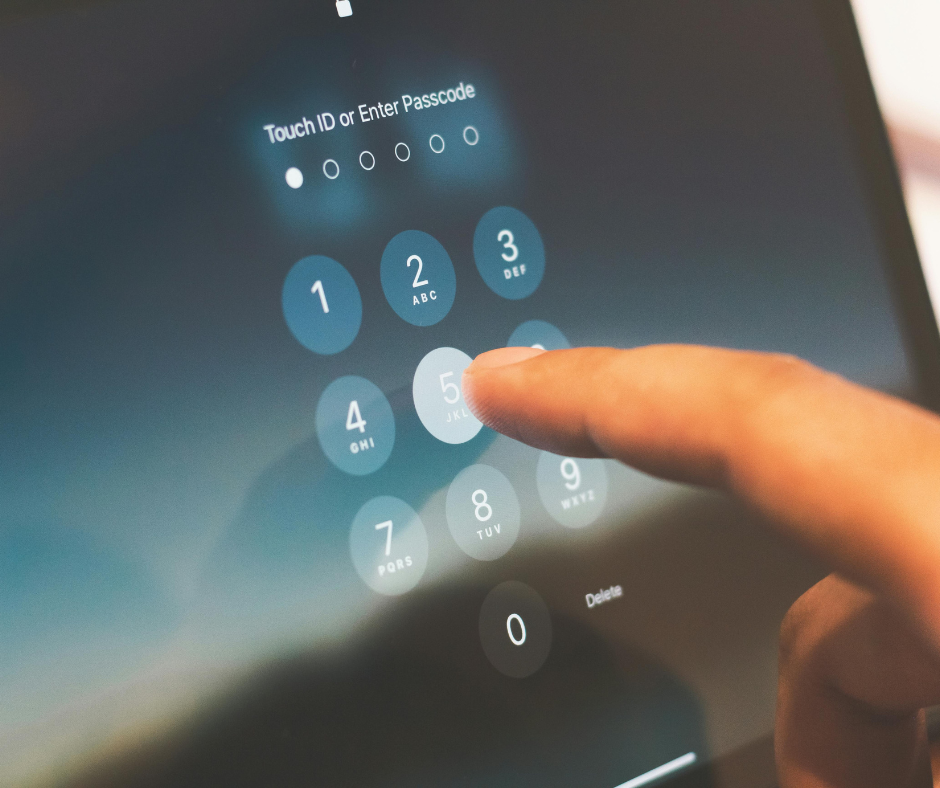Disasters aren’t just natural events like floods and wildfires—in our digital world, they can also be cyber disruptions like hacking, ransomware attacks and data breaches. That’s why every October, we observe National Cybersecurity Month to raise awareness about digital security and empower everyone to protect their data.
Falling victim to cyberattacks can lead to financial loss, identity theft and serious stress. By taking a few simple steps, you can significantly reduce your risk. Here are some essential tips to help you stay safe online:
- Use Strong, Unique Passwords: Create complex passwords for all your online accounts. Don’t reuse the same password, and consider using a password manager to securely store them.
- Enable Multi-Factor Authentication (MFA): Add an extra layer of security to your accounts by enabling MFA. This requires a second form of verification, like a code sent to your phone, to log in.
- Keep Software Updated: Regularly update your operating system and apps. These updates often include critical security patches that protect against new threats.
- Beware of Phishing: Be cautious of unsolicited emails, texts or calls asking for personal information. Never click on suspicious links or share sensitive details unless you can verify the sender.
- Use Antivirus Software: Install reputable antivirus and anti-malware software on your devices to help detect and prevent infections.
- Secure Your Wi-Fi: Change your router’s default password, use strong encryption and update its firmware regularly.
- Regularly Back Up Data: Back up your important data to an external drive or a secure cloud service. This can be a lifesaver in case of a ransomware attack or hardware failure.
- Monitor Your Financial Accounts: Keep an eye on your bank and credit card statements for any unauthorized transactions. Report suspicious activity immediately.
- Use Secure Websites: Always look for the “https://” and the padlock icon in the address bar before entering sensitive information online.
- Stop and Think Before You Click: Don’t click on suspicious links or download unknown attachments. Be skeptical of unexpected requests for money or personal information.
Recognize and Avoid Utility Scams
Scammers often target utility customers, especially after a natural disaster, by creating a sense of urgency. Don’t fall for these common tricks:
- Threats of Immediate Disconnection: If you receive a call, text or email threatening to turn off your power unless you pay immediately, it’s a scam. NES will never demand instant payment over the phone.
- Demands for Specific Payment Methods: Be wary of requests to pay with gift cards, wire transfers, payment apps, cryptocurrencies or QR codes. NES does not accept these forms of payment.
- Suspicious Links and Attachments: Scammers often use official-looking logos in emails to trick you into clicking fraudulent links or downloading dangerous files.
- Demands for Fees: Be suspicious if someone calls asking for a fee related to a recent power outage.
If you receive a suspicious call, email or text, hang up and call NES directly at 615-736-6900 to confirm your account status. By staying vigilant and following these tips, you can help keep yourself and your information safe.
Tags:
